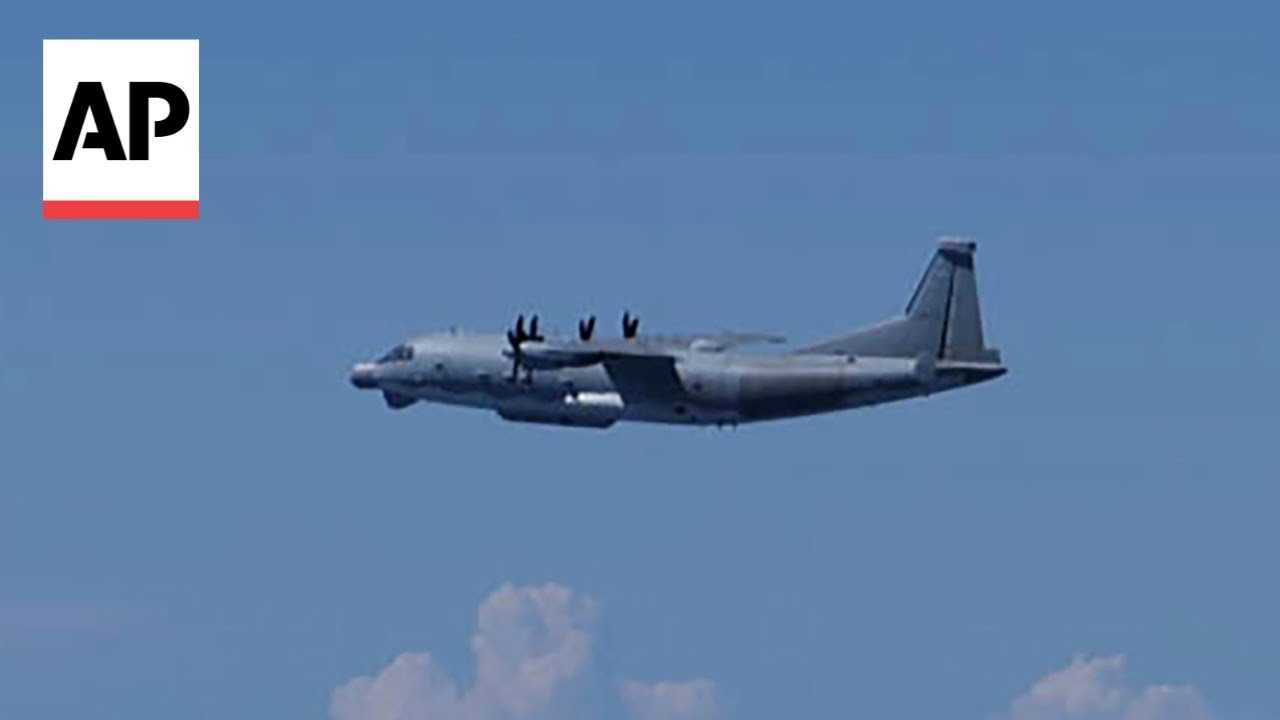World
Japan Condemns Chinese Airspace Violation

Japan has issued a strong condemnation of China following an incident involving a Chinese reconnaissance plane that reportedly violated Japanese airspace.
Chief Cabinet Secretary Yoshimasa Hayashi stated that a Chinese Y-9 reconnaissance aircraft briefly entered Japan’s southwestern airspace. This incident occurred on Monday, prompting the Japanese military to scramble fighter jets in response.
Hayashi described the incursion as an “absolutely unacceptable” violation of territorial integrity and a threat to safety. It was noted that this was the first instance in which Japan’s Self-Defense Force detected a Chinese military aircraft within its airspace.
The reconnaissance plane circled around Danjo Island, located off the southwestern coast of Kyushu, for approximately two minutes. In reaction, Japan’s military issued warnings for the Chinese aircraft to depart.
In response to the incident, Chinese Foreign Ministry spokesperson Lin Jian claimed that China has “no intention” to violate the airspace of any nation and stated that the relevant Chinese authorities are investigating the situation further.
Hayashi remarked on the increasing and intensifying military activities conducted by China in proximity to Japan and emphasized that Japan will continue to monitor Chinese military movements closely.
The Japanese Foreign Ministry officially protested the airspace violation by summoning acting Chinese Ambassador Shi Yong, demanding that measures be taken to prevent future occurrences.
According to data from Japan’s military, there were 669 instances of jet scrambles between April 2023 and March 2024, with about 70% of these responses directed towards Chinese military aircraft. This figure does not account for airspace violations specifically.
Japanese defense officials have expressed growing concerns over the strengthening military cooperation between China and Russia, alongside the assertive military presence of China in Japanese airspace and waters. This situation has led Japan to enhance its defensive measures, particularly in the southwestern regions and remote islands that are pivotal to national defense.












